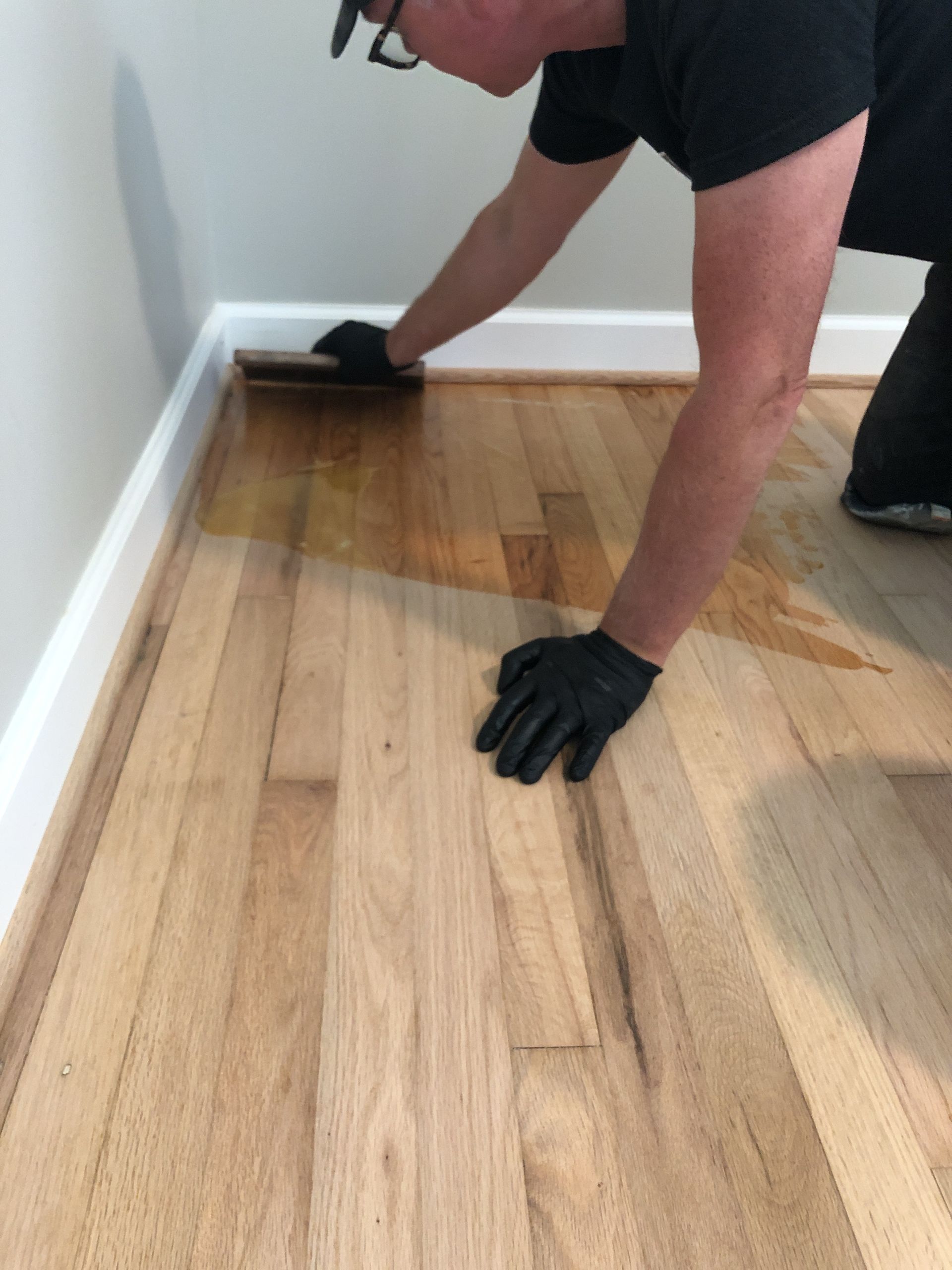Top 3 Essentials to Consider When Getting a Hardwood Floor Refinishing or Installation Estimate
Focus on the most critical aspects...

When seeking estimates for hardwood floor refinishing or installation, focusing on the most critical aspects can help ensure you make an informed decision. Here are the top three things to consider when evaluating estimates from local hardwood flooring companies:
1. Detailed Breakdown of Costs
Understanding the financial aspects of your project is essential to avoid surprises and manage your budget effectively. A detailed breakdown of costs should include:
- Material Costs: For installations, this should specify the type of wood (species, grade, and whether it’s solid or engineered). For refinishing, it should detail the products used, such as stains, sealants, and finishes. Quality materials often come at a higher price but offer better durability and aesthetics.
- Labor Costs: This should cover the hourly rate or flat fee for the installation or refinishing work. It should include all stages, such as preparation, sanding, staining, and finishing. Knowing the labor costs helps you understand the scope of work and the effort involved.
- Additional Services: Look for itemized costs for any additional services like moving furniture, repairing subfloors, or custom designs. These services can add significant value but also increase the overall cost.
- Miscellaneous Fees: These can include disposal fees for old flooring, transportation charges, and any other incidental expenses. Being aware of these fees helps prevent unexpected charges later.
A transparent and detailed cost breakdown allows you to compare quotes from different companies effectively. It also ensures you understand exactly what you are paying for, helping you make a more informed decision.
2. Materials and Methods
The quality of materials and the methods used can significantly impact the durability, appearance, and overall success of your flooring project. Ensure the estimate provides detailed information about:
- Type of Wood: For installations, the estimate should specify the species (oak, maple, walnut, etc.), grade (select, common, etc.), and whether the wood is solid or engineered. Each type of wood has unique characteristics, including hardness, grain pattern, and color, which can affect both aesthetics and performance.
- Finishes: For both refinishing and installation, details about the type of finish (oil-based, water-based, UV-cured, etc.), the number of coats, and drying times should be included. The choice of finish can influence the floor’s appearance, maintenance needs, and longevity. For example, water-based finishes dry faster and have a lower odor, while oil-based finishes can offer a richer color and better durability.
- Sanding Techniques: For refinishing projects, the estimate should outline the types of sanding machines and techniques used. Dustless sanding, for instance, minimizes dust and debris, making the process cleaner and more efficient.
- Installation Techniques: For new floors, the estimate should specify whether the flooring will be nailed, glued, or floated, and detail any subfloor preparation required. Each installation method has its own benefits and considerations, influencing the overall performance and stability of the flooring.
Knowing the specifics about materials and methods ensures that you’re getting high-quality products and that the installation or refinishing techniques align with industry standards and your preferences. This knowledge helps you assess the long-term value and suitability of the proposed work.
3. Company Credentials and Experience
The expertise and reliability of the company you choose can significantly impact the quality and success of your hardwood flooring project. When evaluating estimates, consider the following aspects of the company’s credentials and experience:
- Licensing and Insurance: Ensure the company is licensed to operate in your area and carries adequate insurance, including liability and workers' compensation. Licensing indicates that the company meets local regulations and standards, while insurance protects you from potential liabilities or damages during the project.
- Experience: The company’s years in business and experience with similar projects are important indicators of their capability. Look for companies that specialize in the type of work you need. An experienced company is more likely to handle complexities and deliver high-quality results.
- References and Reviews: Ask for references from previous clients and check online reviews on platforms like Google, Yelp, and the Better Business Bureau. Positive feedback and a strong reputation suggest reliability and quality workmanship. Pay attention to reviews that mention the company’s punctuality, communication, and problem-solving abilities.
- Certifications: Membership in professional organizations (such as the National Wood Flooring Association) and certifications can indicate a commitment to industry standards and continuous education. These credentials often reflect a company’s dedication to staying updated with the latest techniques and best practices.
Evaluating the company’s credentials and experience helps ensure you’re hiring qualified professionals who can deliver quality results. It also gives you confidence in their ability to handle any challenges that may arise during the project.
Conclusion
When obtaining estimates for hardwood floor refinishing or installation, focusing on a detailed breakdown of costs, understanding the materials and methods, and evaluating the company’s credentials and experience are the top three priorities. These factors will help you make an informed decision, ensuring you receive high-quality workmanship and value for your investment. By carefully considering these aspects, you can enhance the beauty and longevity of your hardwood floors, making them a lasting and valuable feature in your home.









